Although the tropical climate brings many amenities, it also includes infectious diseases, which occur especially in countries with a tropical climate. Although the various diseases occur mostly locally and are limited to rural areas, travelers should nevertheless thoroughly inform themselves about the possible infectious diseases and observe the applicable vaccination recommendations.
Medical prevention is crucial to ensure concernless journey in Brazil.
Some diseases are to be mentioned in more detail below.https://covid19.who.int/region/amro/country/br
At the beginning, of course, COVID-19 must be mentioned, which is also a corresponding problem in Brazil and a dedicated article will follow in due course. However current figures and information can be obtained from the WHO under the following link:
Please note that the lists are neither complete nor conclusive.
For more information on diseases, there are some professional sites on the Internet that address and educate the subject. Furthermore, it makes sense to get information from your family doctor before going on a trip and, if necessary, to take precautions.
Yellow fever
There is a risk of infection in the states of Amapa, Acre, Amazonas, Goias, Maranhao, Mato Grosso, Mato Grosso do Sul, Para, Rondonia and Roraima. Anyone entering these states by land may have to undergo a forced vaccination if they do not have a yellow fever vaccination. Free yellow fever vaccinations are available at all Brazilian airports.
Malaria
There is a risk of malaria all year round in the risk areas. The recommendation is to protect yourself from mosquito bites. Emergency medication should be carried with you. This can then be taken if malaria is suspected.
High risk areas Acre, Para, Amapa, Rondonia, Amazonas, Roraima, Maranhao, Mato Grosso, Tocantins.
Areas with medium risk In the remaining rural areas, in the outskirts of larger cities in the above-mentioned regions and in the hinterland of the Ilha Marajo
Low risk areas cities like Boa Vista, Porto Velho, Manaus, Macapa, Marabu and Santarem
Dengue fever
This is a tropical viral disease that, like yellow fever, is also transmitted by the Aedes mosquito. After 3 to 7 days there is a sudden rise in fever similar to malaria and headache, joint pain and chills. Aedes mosquitoes also breed in domestic water tanks in urban areas. The fever occurs mainly from November to April. There is no vaccination.
Rabies
Also known in our part of the world, wild animals and stray dogs are risk factors. In the event of bites or scratches, a doctor should be consulted immediately. The three-month rabies vaccination is free in Brazil.
Skin diseases
Causes can be bites from insects, fleas, and lice as well as fungal spores, which then heal poorly in the tropics. The sunburn should be mentioned briefly. In Brazil, you can get burned very quickly and severely, especially in coastal areas. This is because the constant and pleasant wind makes the danger fade into the background. So …. always use sunscreen.
Food and beverage
Stomach and intestinal disorders caused by unfamiliar food are quite normal during a trip to Brazil.
Eat where many locals go. Only drink water that has been pretreated. In the hotels in the cities, the water is suitable for brushing teeth.
Do not eat raw vegetables or fruit that cannot be peeled. Only eat ice creams in frequented ice cream parlors. Avoid ice cubes in drinks in remote areas. Do not drink mobile carts or street kitchens. Meat and fish should generally be well done. Avoid mayonnaise and mussels. Careful personal hygiene is of course also important.
Poison bites
Not all bites and stings from animals such as snakes, fish, and insects result in poisoning. But you should always be aware that you are in a tropical country and that your behavior should be adapted. Tips:
Be careful with dark corners and niches. In certain areas, wear high-heeled shoes and long trousers. Shake out clothes and shoes before putting them on. Take a stick with you when hiking.
It is also not very advisable to reach into bushes with your hand or to wade through murky stagnant water.
In the event that something should happen away from the cities, there is a Posto de Emergencia (pronto soccoro) in many villages where nurses or paramedics / doctors can provide emergency care and first aid.
Of course, there are enough medical practices, hospitals, and clinics in the cities that can provide assistance in emergencies. Before traveling to Brazil, however, you should always clarify whether you need to take out additional insurance for the trip in addition to your own health insurance.
Otherwise, there could be nasty surprises when assuming the costs in an emergency. Finally, reference should be made again to the information channels relating to health care.
There are many professional links that cover the above-mentioned topics professionally. Your health insurance and your family doctor can also provide you with further information.
Below are just a few links which shall serve as an inspiration for further research besides maybe a good Travel guidebook for Brazil that can be bought at Amazon or any bookshop.
Important These links do not claim to be complete, nor could their content be checked for correctness, although the links refer to credible sources
USA: https://wwwnc.cdc.gov/travel/destinations/traveler/none/brazil
UK: https://www.gov.uk/foreign-travel-advice/brazil/health
WHO:https://www.who.int/travel-advice
CH: https://www.eda.admin.ch/eda/de/home/vertretungen-und-reisehinweise/brasilien/reisehinweise-fuerbrasilien.html

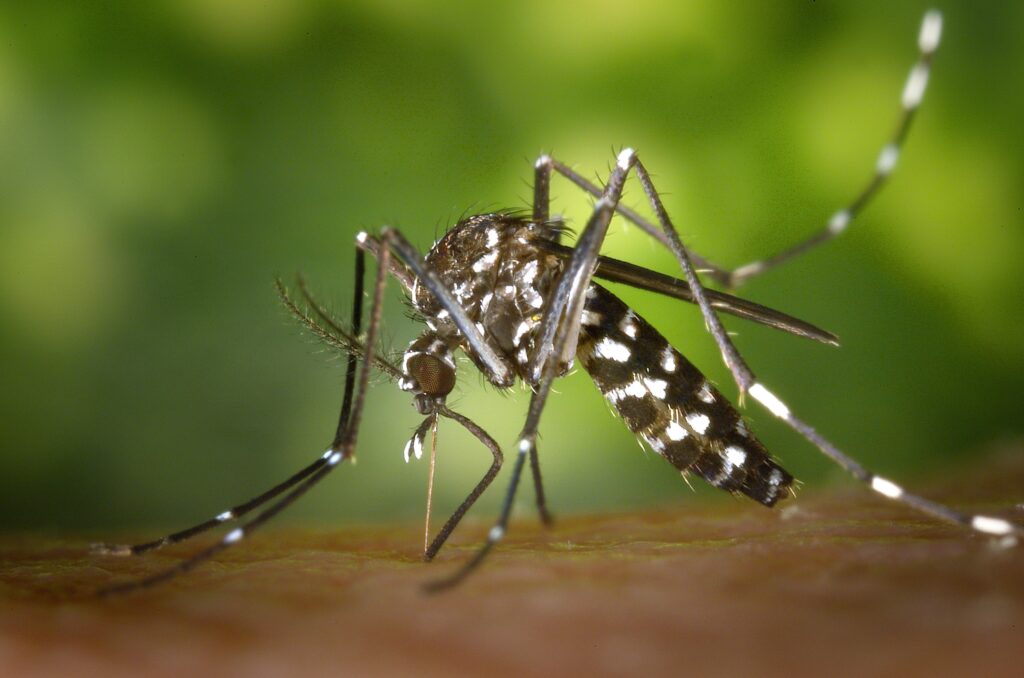
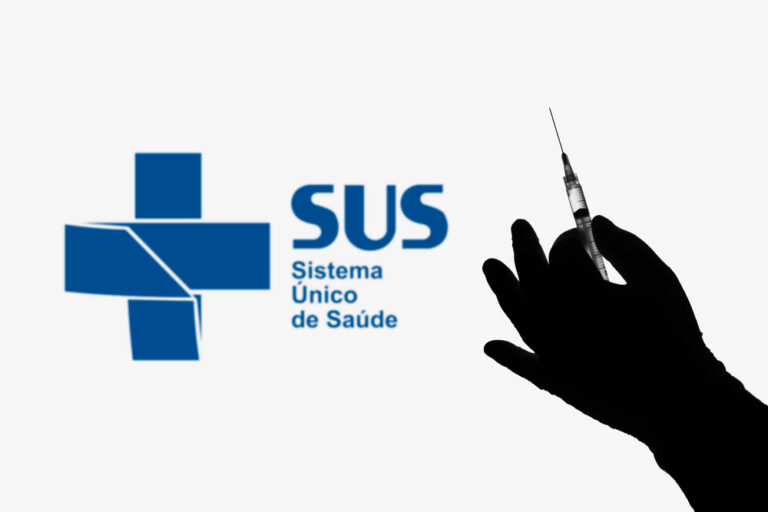

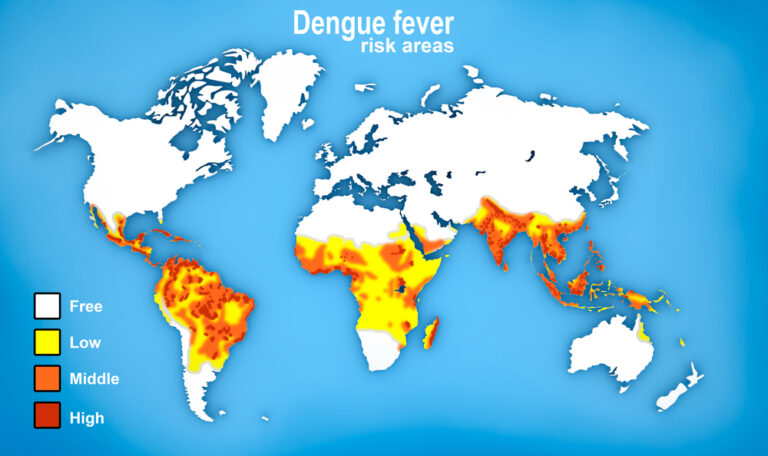



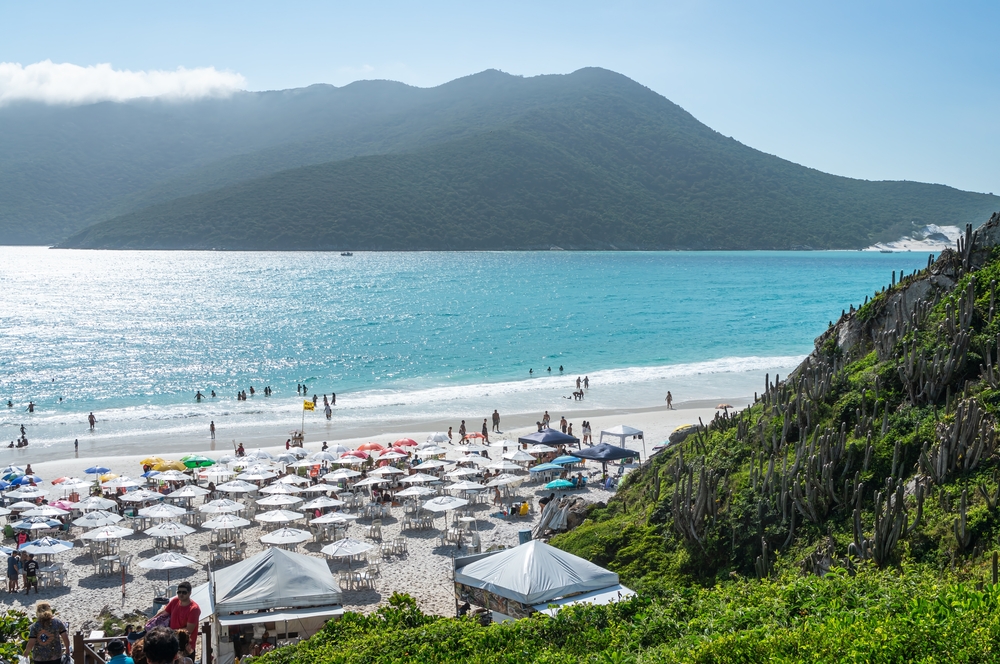

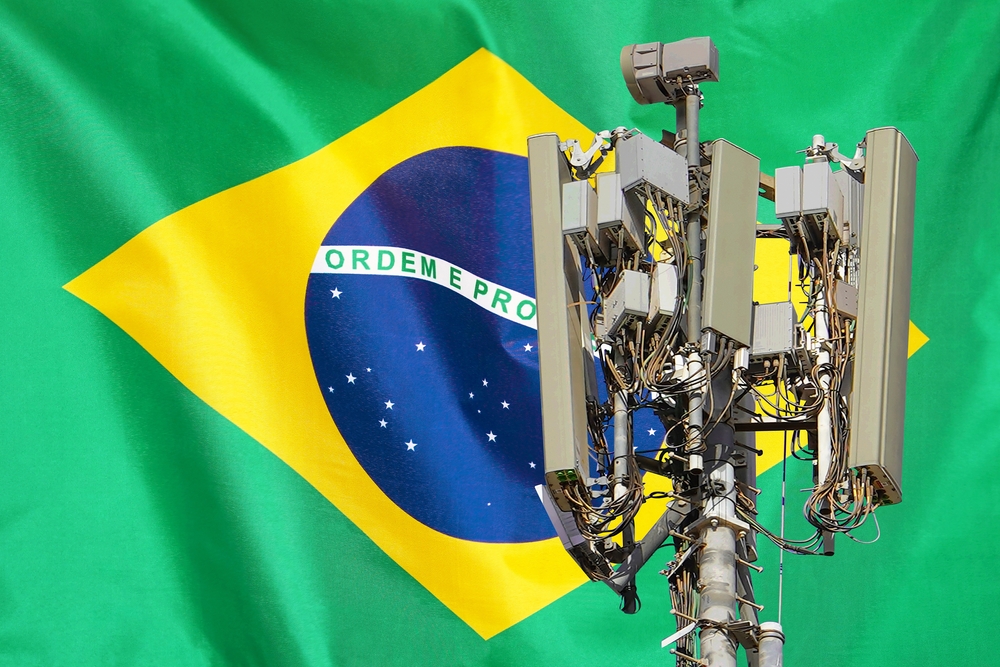
One Response